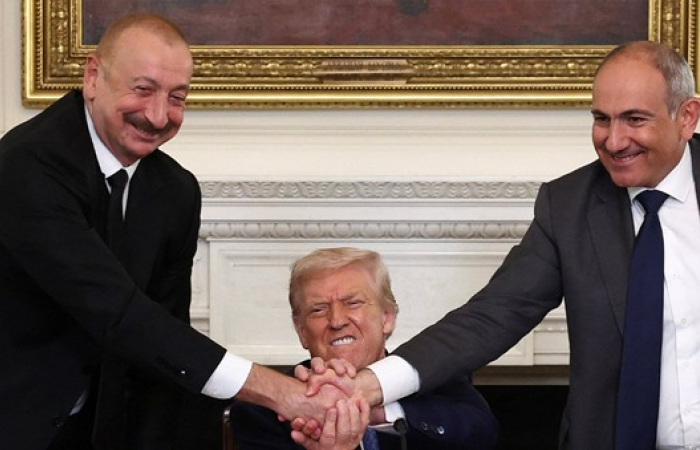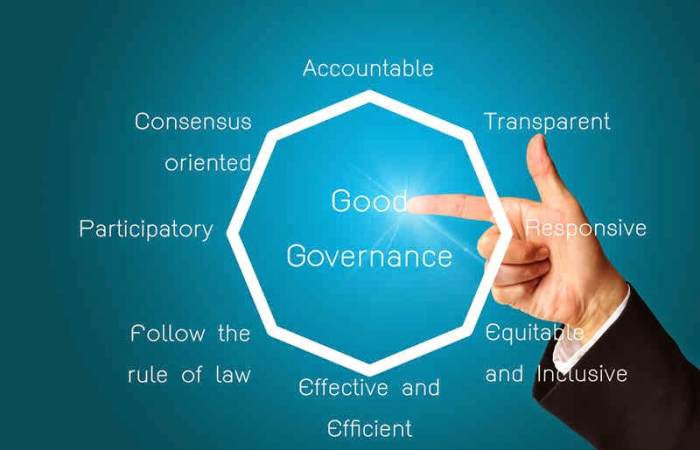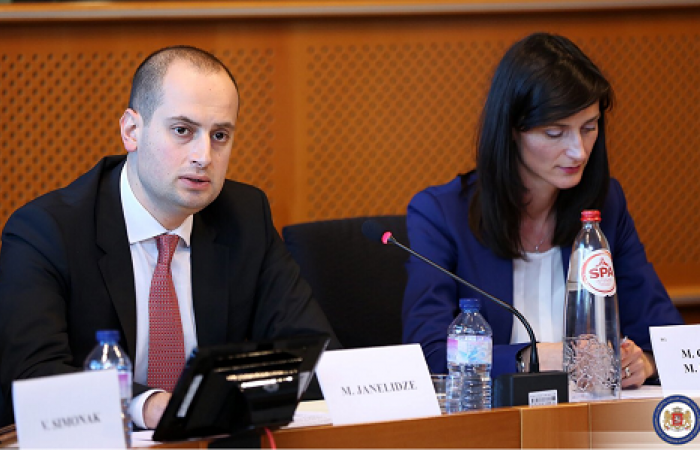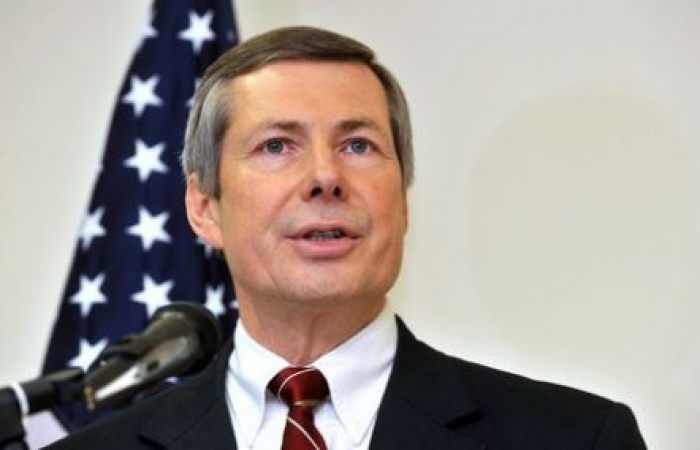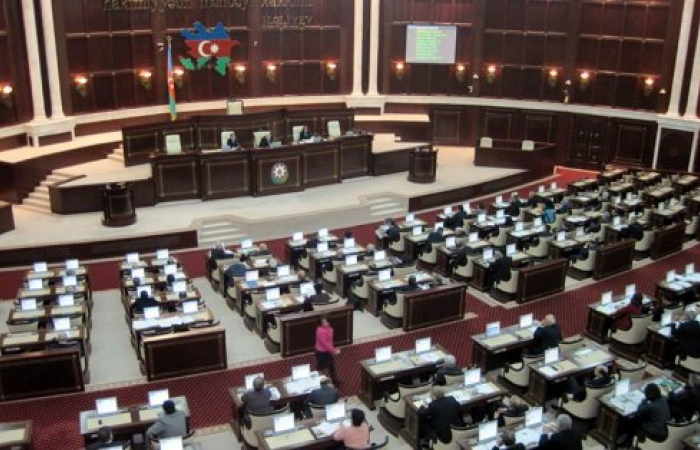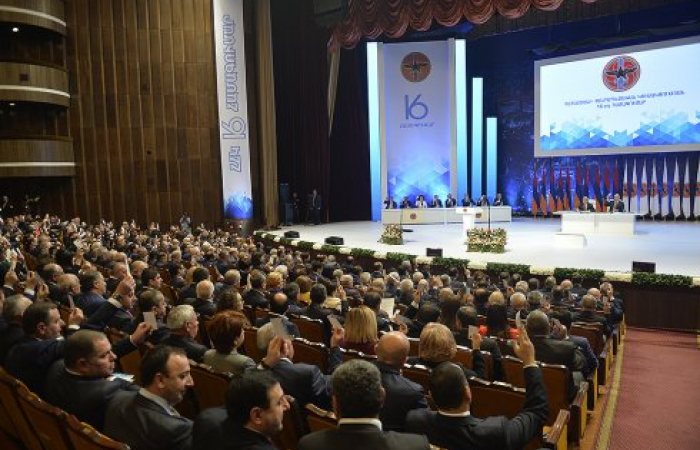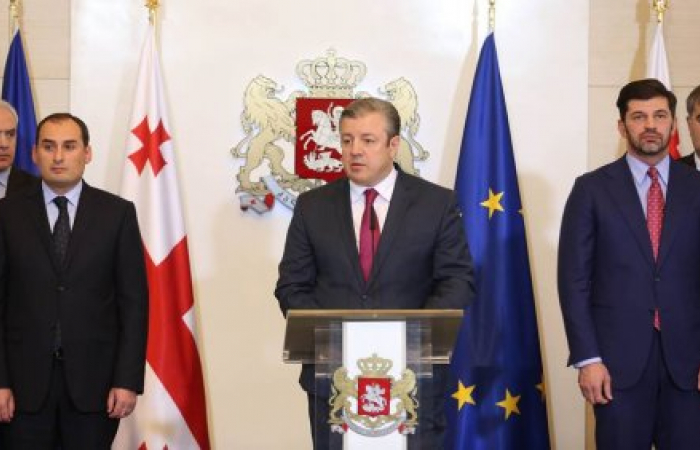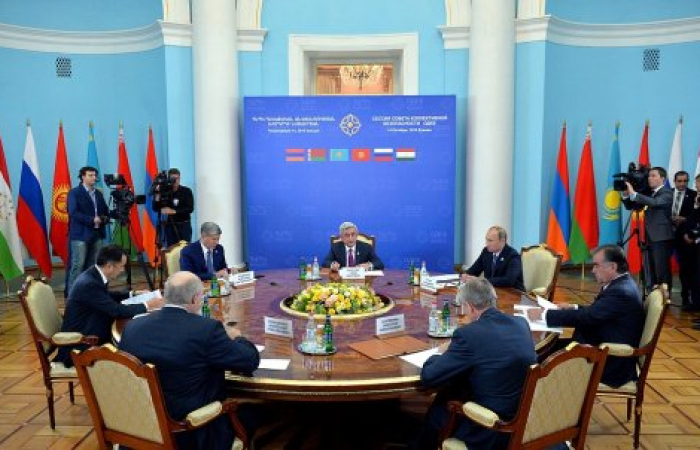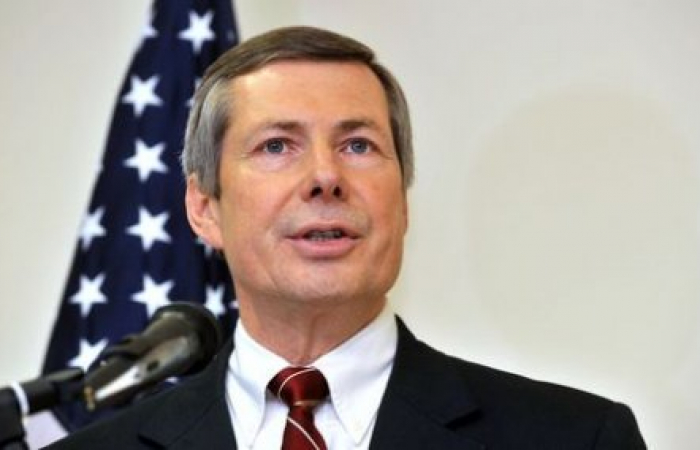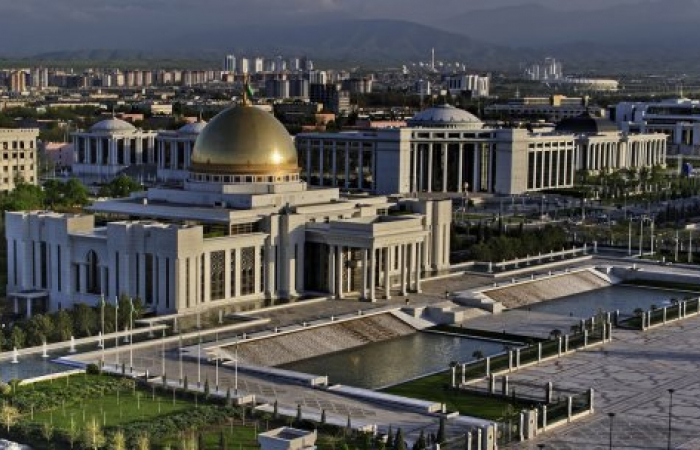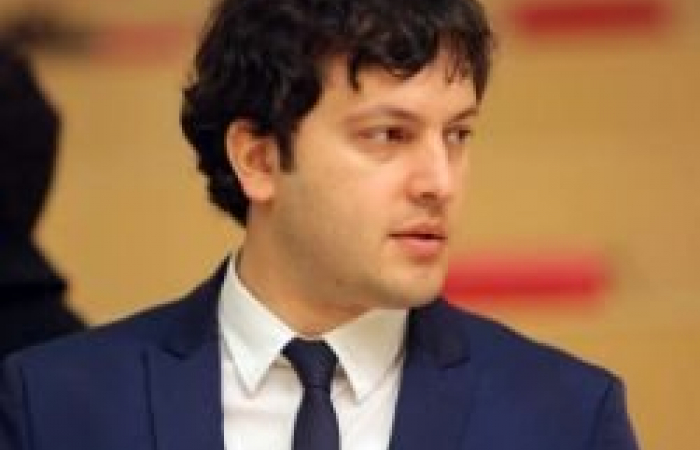Trending
Armenia and Azerbaijan are on the way to peace, but the process is far from complete or irreversible
10 November 2025
The long conflict between Armenia and Azerbaijan, which had been going on for three decades, appears to be coming to an end. After a short war which left many dead or injured, and a military operation which saw hundreds of thousands of Armenians leaving Azerbaijani territory, hundreds of thousands of displaced Azerbaijanis could start returning home. The sides engaged with discussions, first with mediators, and later, more successfully, alone. In March they agreed the text of a peace agreement. On 8 August, they initialed the agreement in Washington, in the presence of US President Donald Trump. The agreement has as yet to be signed. The meeting with Trump at the White House in August, was widely hailed as historic. It was. Not least because it tied Trump, the US, and the entire western world, to the peace process, and to the future of the South Caucasus. It was a game changer, with the potential of changing the reality on the ground. But now the hard work must start. But we must not be complacent, and think that from now onwards there will not be any problems. The peace process is incomplete and fragile. Below the top ten people on each side, whole populations, brought up with the vision of the other as enemy, have yet to be convinced of the new way forward.
Lurking in the background, and sometimes, not so much in the background, are the enemies of peace, and the spoilers. The main enemies are external. Foremost is Russia. Russian policy in the South Caucasus over the last three decades has been built on the premise that Armenia and Azerbaijan were enemies that will never reconcile. The European Union in the South Caucasus is often doing catch up. It appears to have been taken by surprise by events in Georgia. It was not expecting Armenia-Azerbaijani peace and reconciliation. The European Union in the South Caucasus must catch-up, and step-up, fast.
Easier said than done. The EU is set in its own ways, that were not invented, and developed for the fluid and fast changing situation that exists in the South Caucasus today.
The EU must accept that in the South Caucasus it will have to lead. US involvement will be erratic, and can be counter-productive. But the EU does not have the luxury of time. If it wants to support the peace process between Armenia and Azerbaijan it must do so now.
Armenia and Azerbaijan are on the way to peace, but the process is far from complete or irreversible. There are many enemies of peace, and spoilers, lurking, ready to pounce.
click the headline to read more



